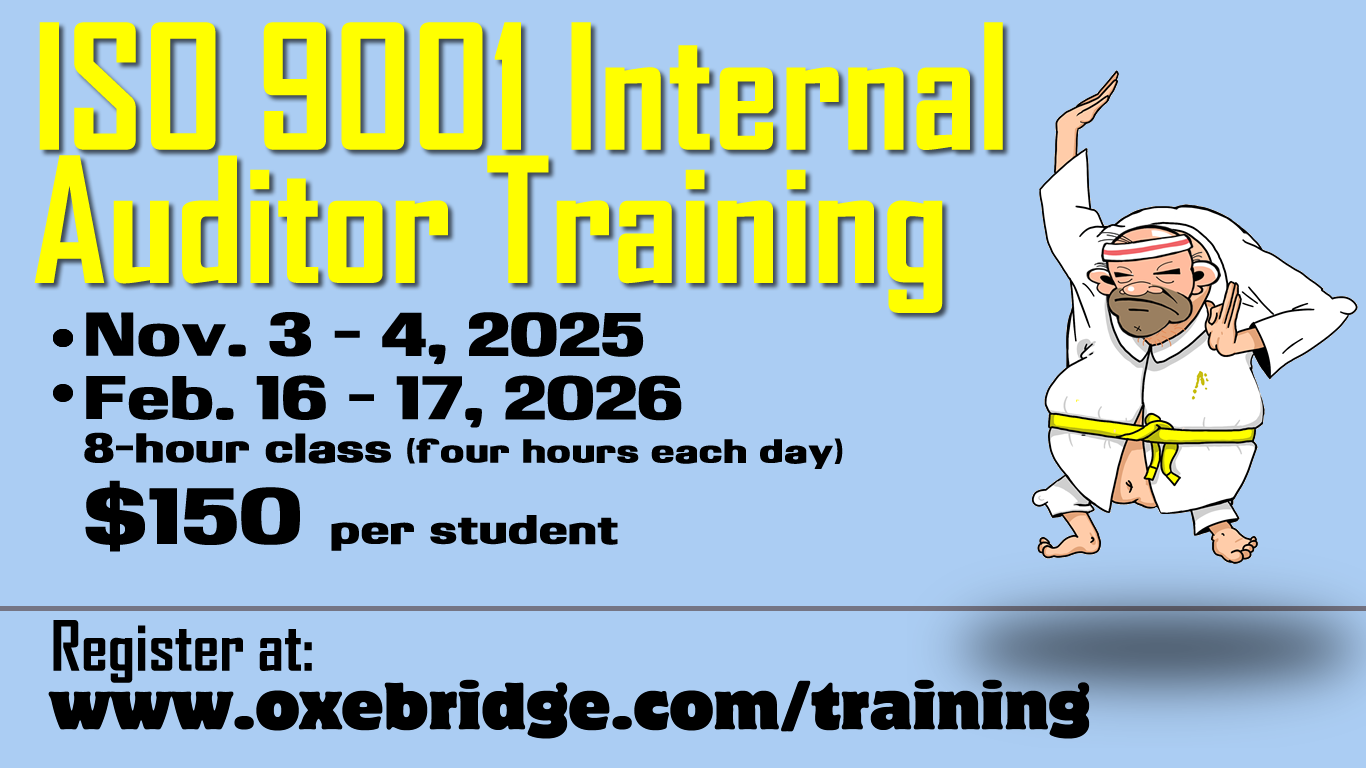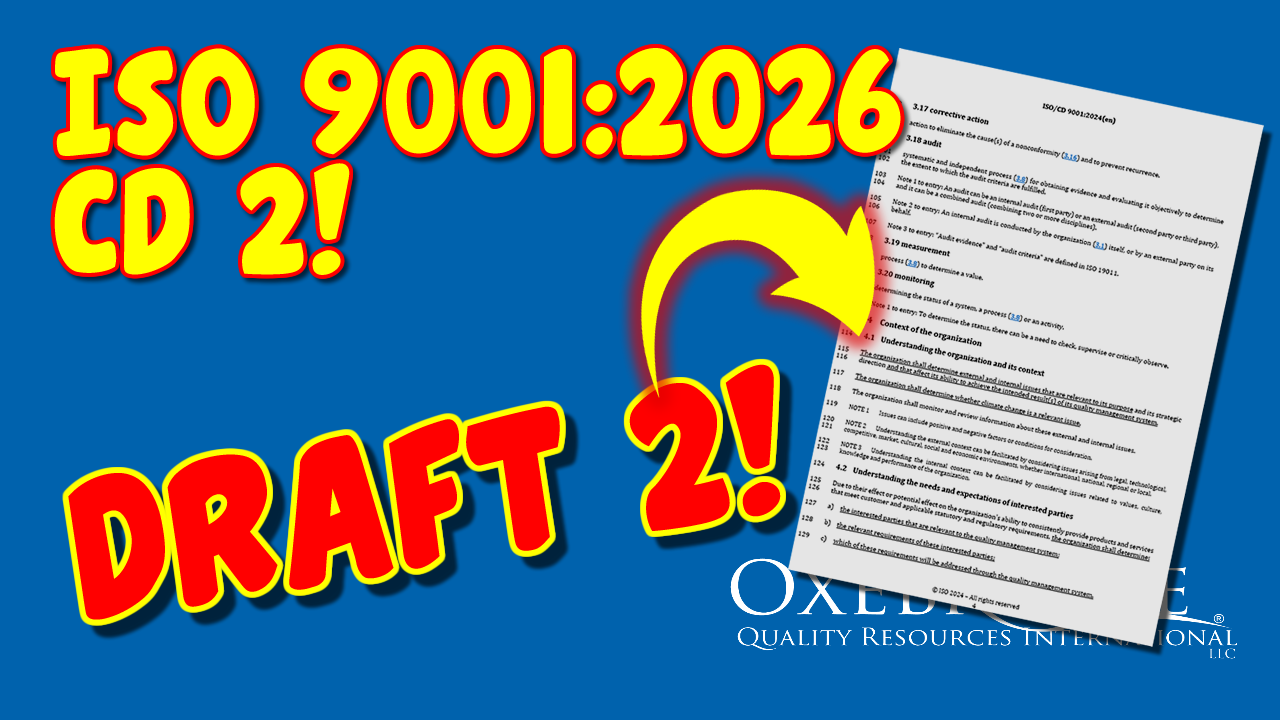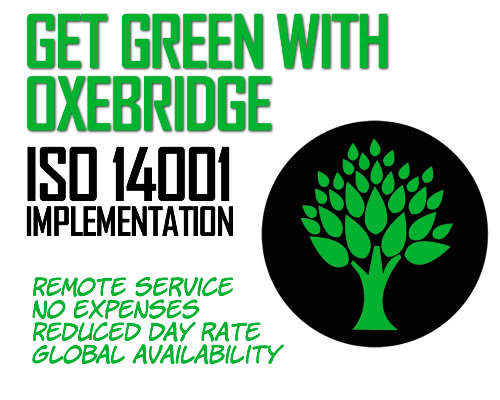 It was inevitable, but certification bodies (CBs) have already begun cashing in on the upcoming ISO 9001:2015, and as usual it’s not by selling the services they are actually accredited for.
It was inevitable, but certification bodies (CBs) have already begun cashing in on the upcoming ISO 9001:2015, and as usual it’s not by selling the services they are actually accredited for.
NQA-USA has begun promoting the “NQA ISO 9001:2015 Transition Roadshow.” The event runs about $600 , and features one of the architects of ISO’s controversial “Annex SL” mandate, Susan LK Briggs. The NQA event includes “potential implementation strategies.” Not to be outdone, registrar DNV is also launching a series of events on “Transition Strategies,” these for $400 a pop. The DNV event was apparently written by the same guy, and will discuss “developing your strategy for making a seamless transition to the new requirements.” Other CBs, including BSI, are in on the game too.
The fact that representatives of both NQA and DNV were previously critical of my own “implementation strategy” seminar series — which I offered for free — just reveals the usual level of hypocrisy and dirty politics in play by the world’s CBs. {You can still download the slides for free, and save yourselves a little money.) Unable to sell honest certification services, they have to resort to competing with consultants, and employing some nasty tactics in the process.
The problem is obvious, at least to those with a functioning ethical core. The CBs are supplying their clients with consulting advice, which dramatically impacts their ability to remain objective during subsequent certification assessments. There is nearly ZERO chance an auditor would write a nonconformity against a client that had adopted the approach given by his employer, even if the advice was horrible. But even if we assume an auditor doesn’t “go easy” in such cases, a client that adopts (for example) the suggestions of NQA during their “Transition Roadshow” will be more likely to be well-received by NQA certification auditors, because those auditors will have a sense of familiarity with the evidence they see. This, under ISO 17021, presents a clear threat to impartiality. That same NQA client will pause and audit more closely any implementations that are not as familiar as the NQA-branded approaches. This fact of human nature is why professions typically disallow consulting by auditors in all cases.
ISO 17021, corrupted by the input of the nearly monolithic gang of CBs and their Accreditation Bodies, twists the definition of “consulting” as to allow such events, even if they contradict other requirements governing conflicts of interest. As always, the ABs look the other way, not about to cite their paying CB clients and cut off that gravy train. But all this wink-winkery doesn’t negate the fact that the result is a grossly diluted certification process that allows CB’s to push clients into their training seminars, and then certify the results.
In my speaking tour (did I mention it was free?) I recommended that clients avoid these scams, study the standard themselves, and then develop tailored approaches, rather than follow some pre-bottled junk peddled by auditors who cannot possibly understand the complexities and context of the companies they are advising.
Implementing your QMS based on generic advice thrown out at an expensive seminar by the guys who you are paying for an objective assessment is bad practice, bad ethics, and bad business. Nothing good can come of it.
Christopher Paris is the founder and VP Operations of Oxebridge. He has over 35 years’ experience implementing ISO 9001 and AS9100 systems, and helps establish certification and accreditation bodies with the ISO 17000 series. He is a vocal advocate for the development and use of standards from the point of view of actual users. He is the writer and artist of THE AUDITOR comic strip, and is currently writing the DR. CUBA pulp novel series. Visit www.drcuba.world








